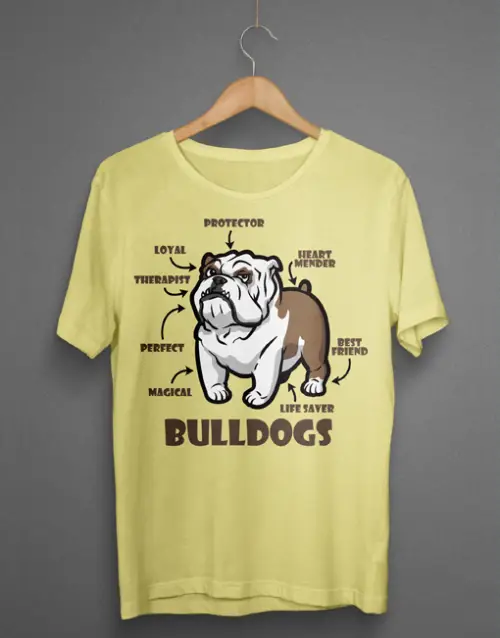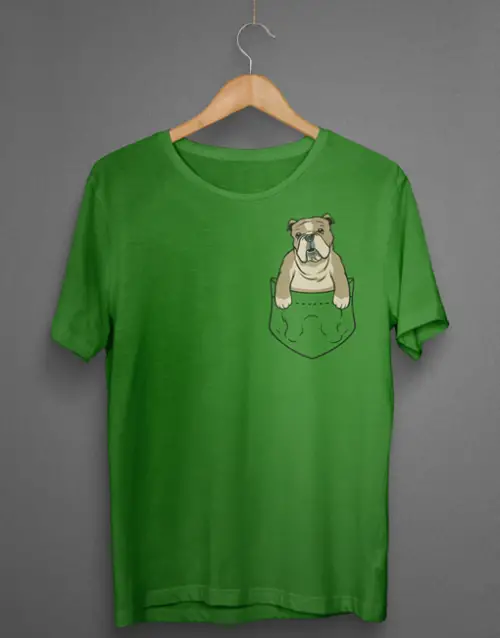Shop Bulldogology Newest
Back Seat & Cargo Liner Covers
Uncover the multi-utility of our new dog car seat cover. Shop now and experience full-side protection with our latest cargo liner for your car or SUV!
As Seen In
Shop Our New XXL Puppy Pads Sizes
-
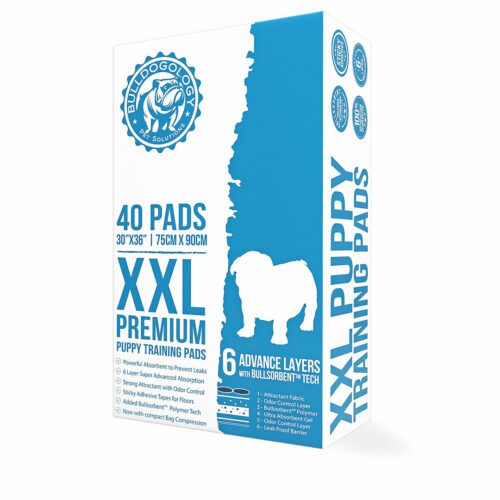 Product on salePremium Pet Training Pads XXL (30×36″)From $41.99
Product on salePremium Pet Training Pads XXL (30×36″)From $41.99 -
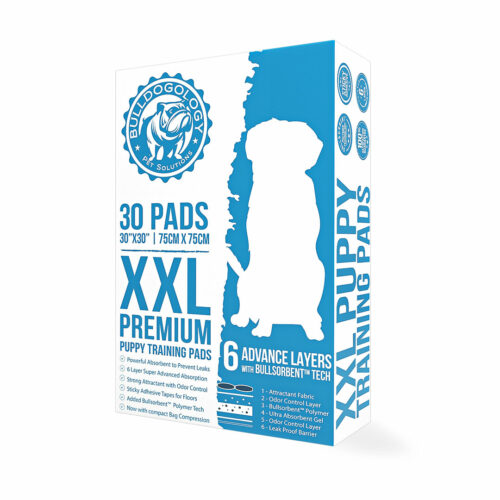 Product on salePremium Pet Training Pads XXL (30×30″)From $32.99
Product on salePremium Pet Training Pads XXL (30×30″)From $32.99 -
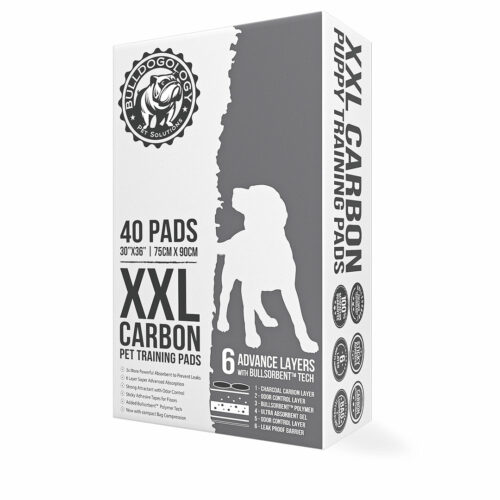 Product on saleCarbon Dog Pads XXL (30×36″)From $45.99
Product on saleCarbon Dog Pads XXL (30×36″)From $45.99 -
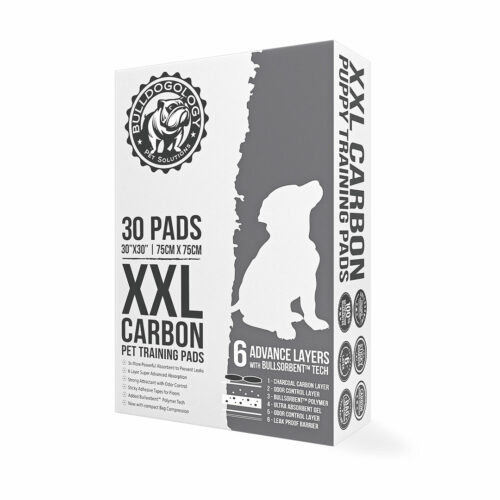 Product on saleCarbon Dog Pads XXL (30×30″)From $33.99
Product on saleCarbon Dog Pads XXL (30×30″)From $33.99
Shop XXL pet-approved puppy pads for hassle-free cleanup.
Shop Our New Reusable Puppy Pads
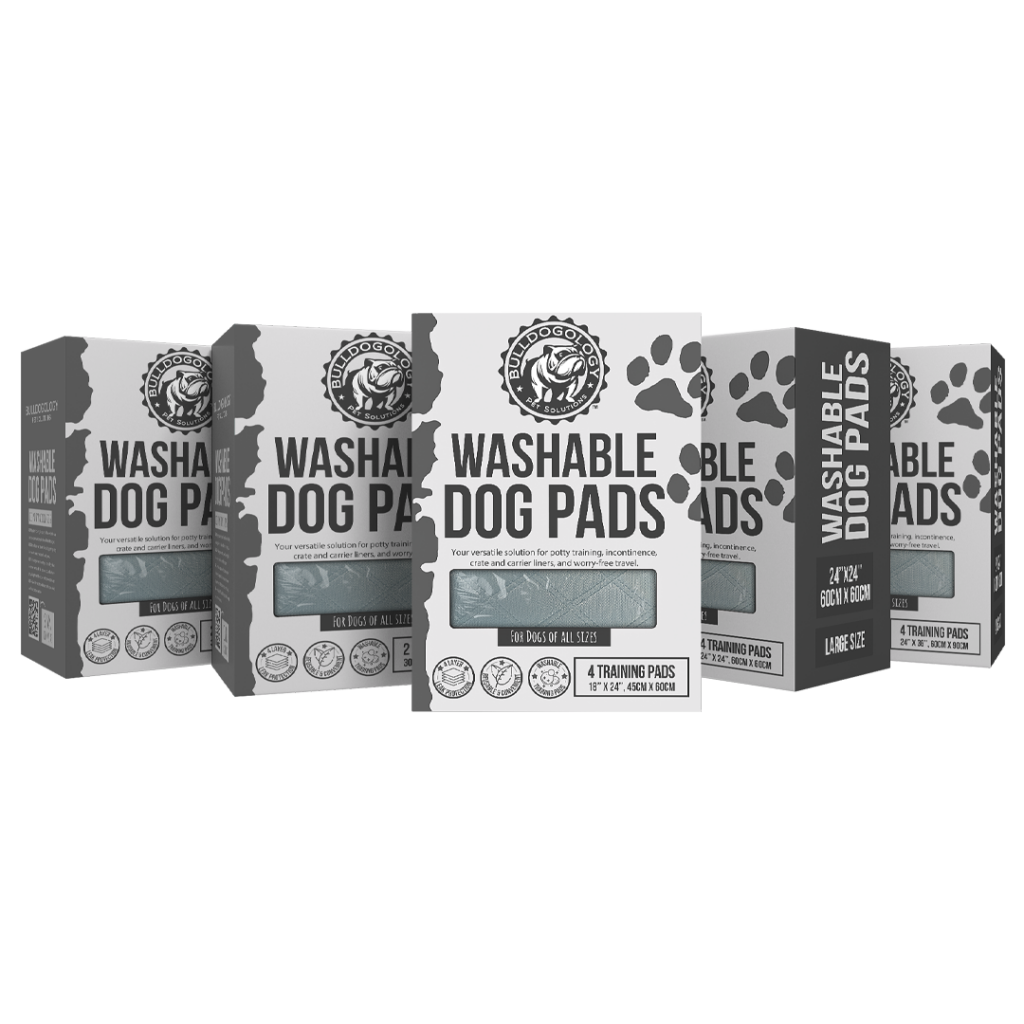
Shop Washable Puppy Pads, ultra-viscose layers for quick and easy absorption.
Shop Top Categories
Premium
Pet Training Pads
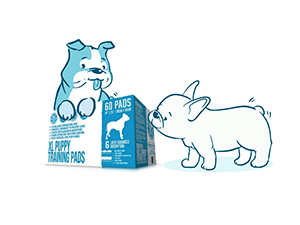
The best pet pads that put you and your Pets at ease every time. Made under strict guidelines to ensure both quality and super absorbing.
Dog Car Seat & Cargo Liner Covers
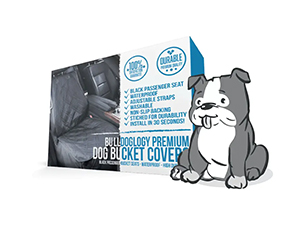
High-quality durability with multiple functional features. Travel with your Pet safely while keeping your car seat clean and protected with our dog car seat covers.
AutoPads
Subscribe & Save
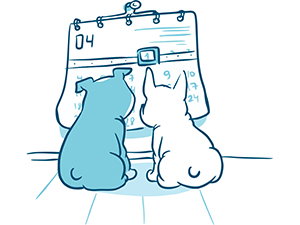
Want a more convenient way to get your dog pads? Get Bulldogology pads sent automatically with AutoPads. Save 15% Off every time, Free shipping every time.
![]()
FREE & FAST SHIPPING
Enjoy no-cost shipping on orders exceeding $35 in the US.

SATISFACTION PROMISE
Should you not be completely content, we gladly provide a return option within 30 days from your purchase date.

EXCEPTIONAL SUPPORT
Reach out to our dedicated customer care team via email or live chat at your convenience.
Shop Best Sellers
In addition to your clean home, give priority to the comfort of your pet.| Shop All Products >
-
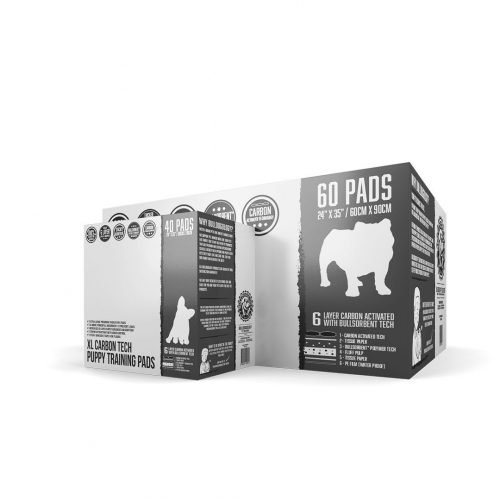 Product on saleCarbon Pet Training Pads XLFrom $33.99
Product on saleCarbon Pet Training Pads XLFrom $33.99 -
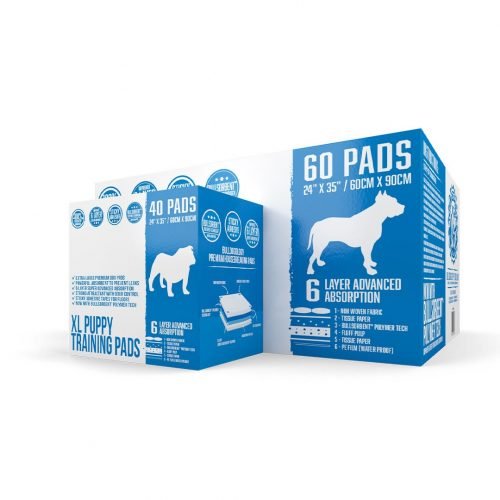 Product on salePremium Pet Training Pads XLFrom $33.99
Product on salePremium Pet Training Pads XLFrom $33.99 -
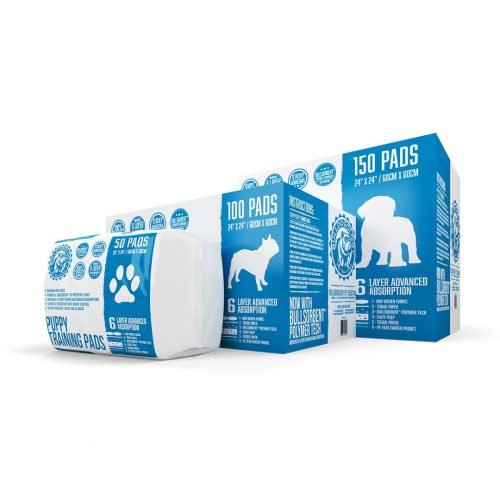 Product on salePremium Pet Training PadsFrom $25.99
Product on salePremium Pet Training PadsFrom $25.99 -
 Product on saleCarbon Pet Training PadsFrom $26.99
Product on saleCarbon Pet Training PadsFrom $26.99 -
 Product on salePremium Cargo Liner & Trunk CoverFrom $54.99
Product on salePremium Cargo Liner & Trunk CoverFrom $54.99 -
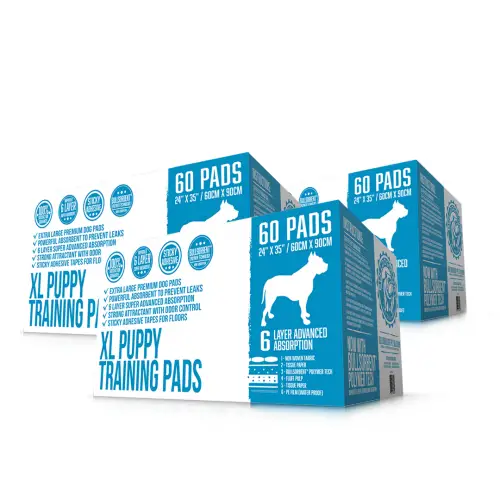 Product on salePremium Pads XL 3x (180-Count)$139.62
Product on salePremium Pads XL 3x (180-Count)$139.62 -
 Product on salePremium Pet Training Pads XXL (30×36″)From $41.99
Product on salePremium Pet Training Pads XXL (30×36″)From $41.99 -
 Product on saleCarbon Dog Pads XXL (30×36″)From $45.99
Product on saleCarbon Dog Pads XXL (30×36″)From $45.99
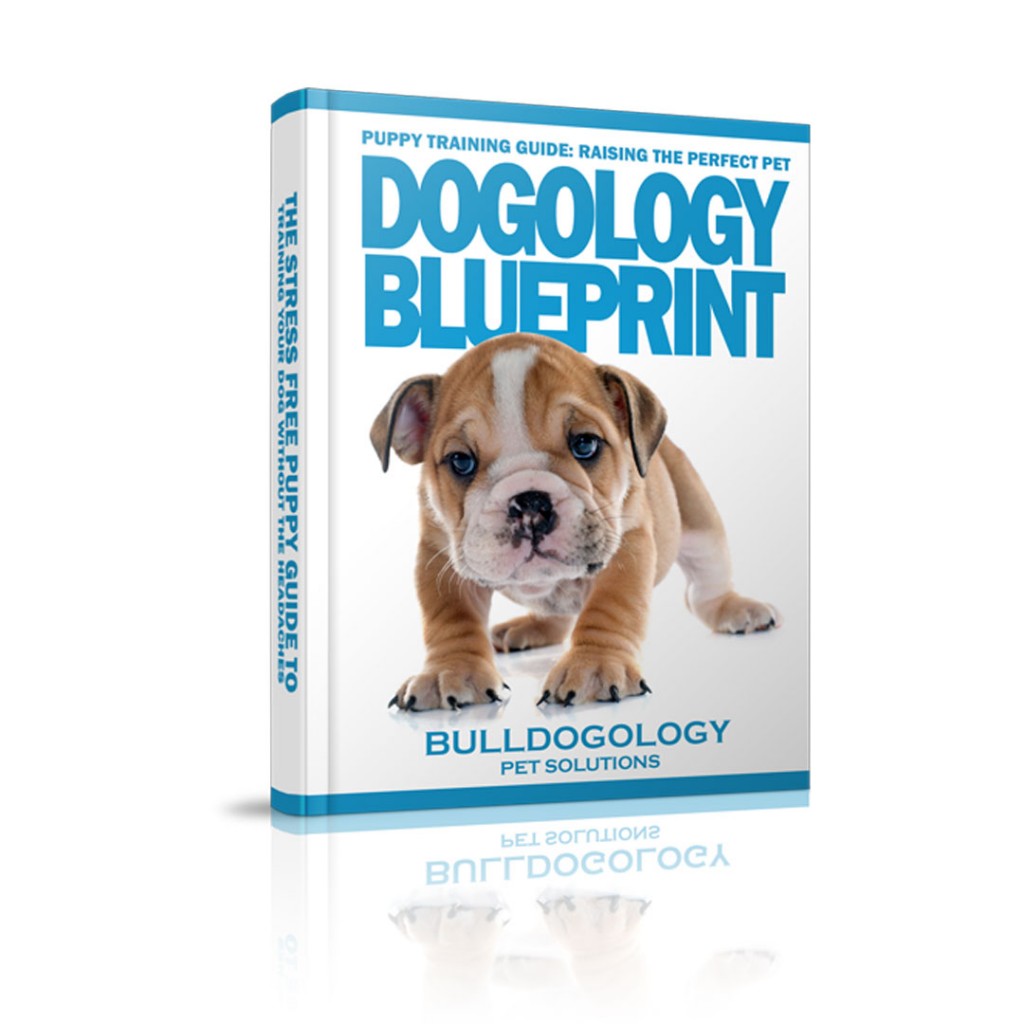
The Best Dog Training Guide
The blueprint to quickly train your puppy into a strong, confident, and awesome dog! Training guide made for all dogs.

Pet Stain & Odor Remover
Eliminate the toughest stains and smell odor quickly using our all-natural enzymatic cleaner professional strength formula.
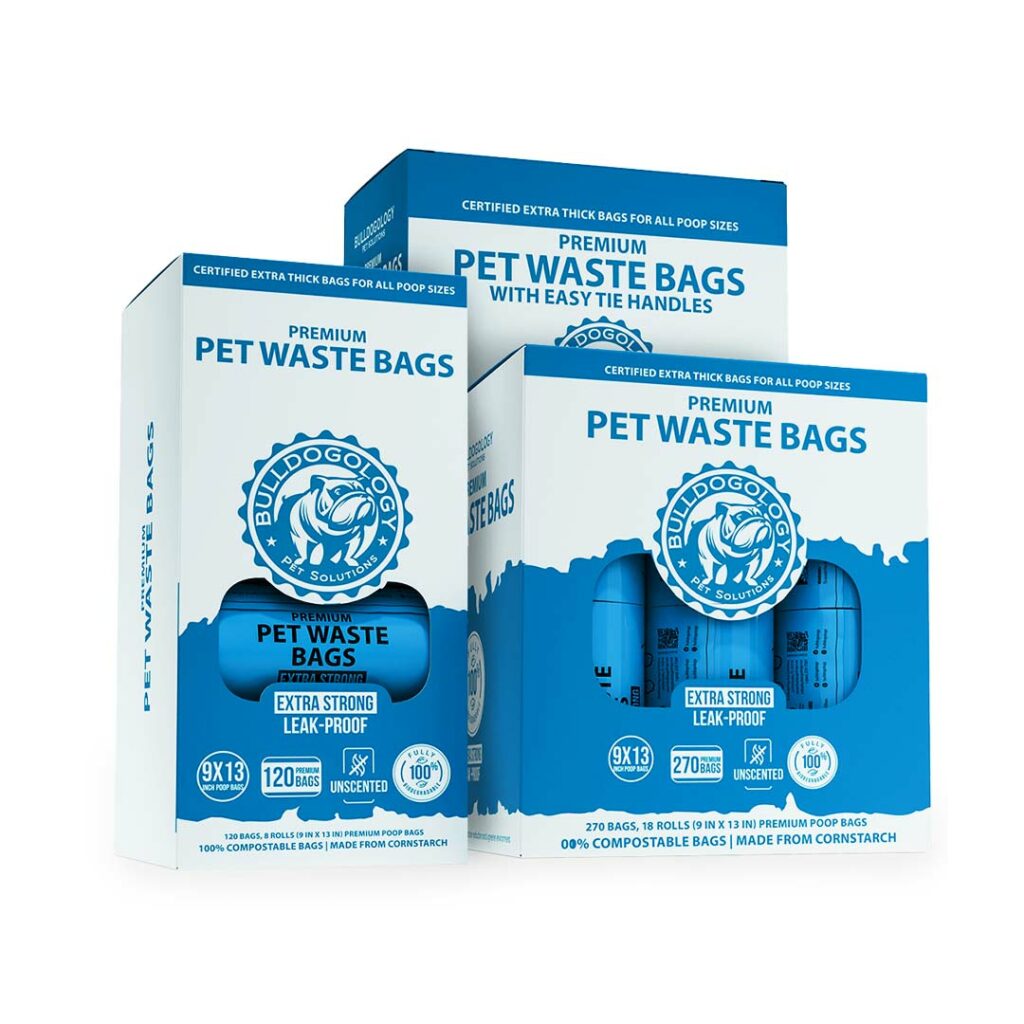
Leak Proof Thick Dog Poop Bags
Durable, leak-proof dog poop bags make cleanup a breeze and are biodegradable. See all variations available now!
Shop Dog Pee Pads
The best puppy pads with adhesive tape that stay in place.
Made with 6 layers consists of super absorbing layers designed to block odors, and keep liquid and dry quickly. | Shop All Dog Pads >
Try Bulldogology Very Own
Carbon Activated Pee Pads
Designed 3x thicker and ultra-absorbent with our Bullsorbent© Polymer Tech. Bulldogology charcoal dog pads pick up all the mess leaving you and your pup with great care.
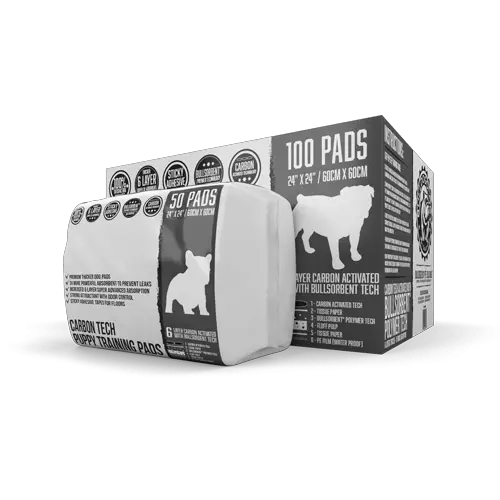
The odor-absorbing activated charcoal pee pads eliminate pet odors, keeping your home fresh. | Shop All Dog Pads >
Save BIG on Top Selling Product Bundles
See all value packs that are customized and made to save you money!
Shop The Prints
Why Buy From Bulldogology

Make pet parenting a breeze with our stress-free products!
Bulldogology offers premium pet products with custom specifications created entirely with options for people who want convenience when caring for their pets. At Bulldogology, we love pets and know what they need because we’re pet owners too.
We make cool stuff for pets that’s not only fun but also really works well.
We pick the best products carefully, and we work with animal doctors and smart designers to make sure everything is great for your pet.
Trust us to help make your life with your furry friend even better with our awesome pet gear.
All Bulldogology products are backed by a 100% Satisfaction Guarantee!
That’s how confident we think you’ll love our product!
What People Are Saying About Us…
Join Bulldogology Club (Free)
Why join the club? You’ll receive 20% off your first order, monthly dog training tips, free stuff, more discounts, exclusive offers, updates, and much more. Join now, it’s free!
Read Awesome Content to Help You
Become the Best Pet Parent
Visit Our Dogology Blog for More Tips and Guides
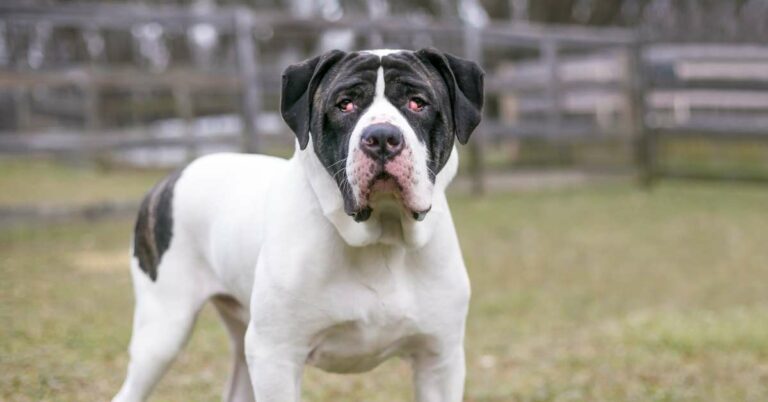
Dog Anus Gland Abscess Treatment: Recognize Common Symptoms
Have you ever noticed your furry friend scooting across the floor or licking their behind more than usual? While it might seem odd or even a bit humorous at first, these behaviors could signal a not-so-funny issue. In this article, we aim to provide a comprehensive overview of dog anus gland abscess treatment, including how…

How to Make My Dog Vomit Without Hydrogen Peroxide: Emergency Tips
Are you having an emergency situation with your dog? Dogs eat everything that’s been served to them. If your dog ate something suspicious and you want to find out how to induce vomiting, you will find your answers here. Stay with us and find out the answers to the question, “How to make my dog…

Diet for Dogs with Kidney Disease: Mini Guide for Pet Owners
Some wise people say, “You are what you eat,” and there is nothing more truthful than this. Each diagnosis or disease in dogs requires special food considerations and so do kidney diseases in dogs. Dogs with kidney disease even have difficulties with their appetite depending on the progress of the disease, so some veterinarians’s first…









